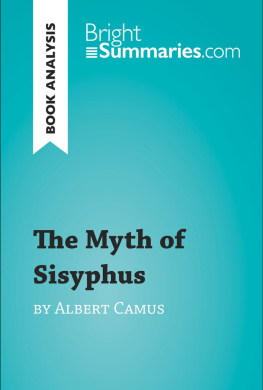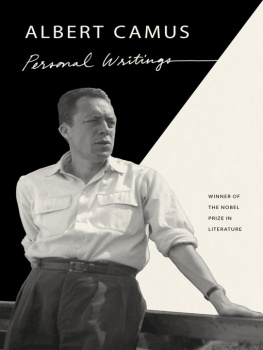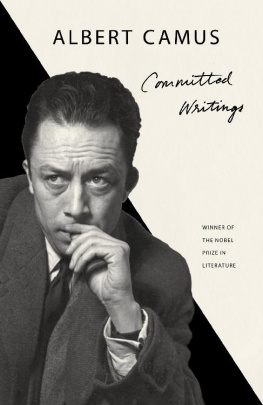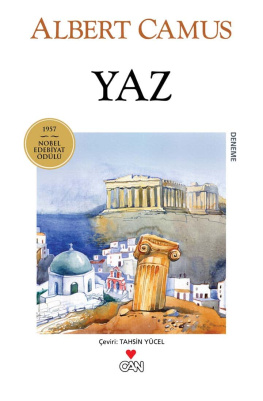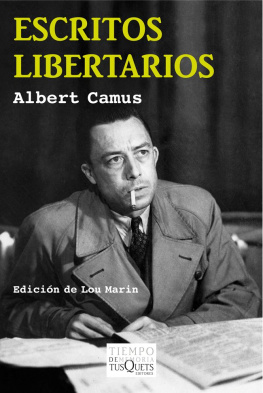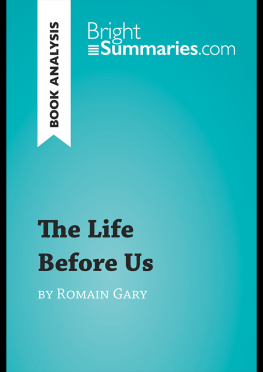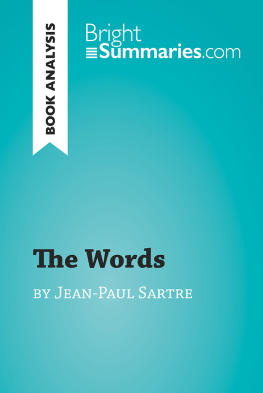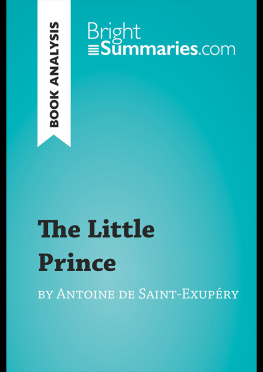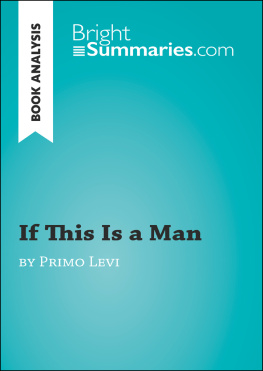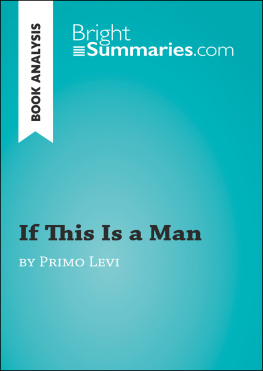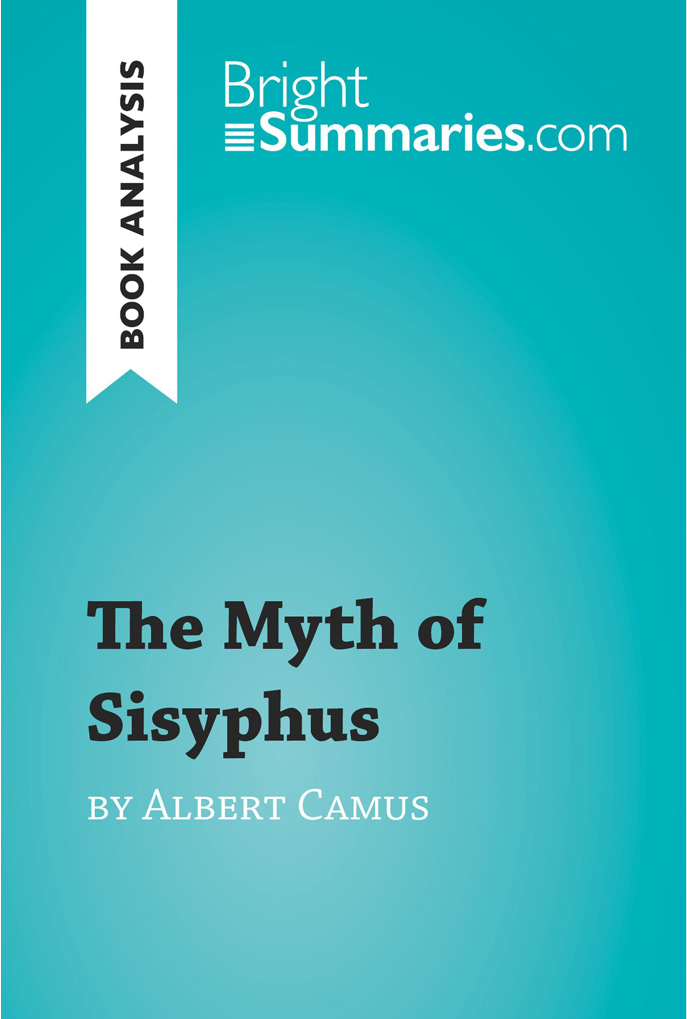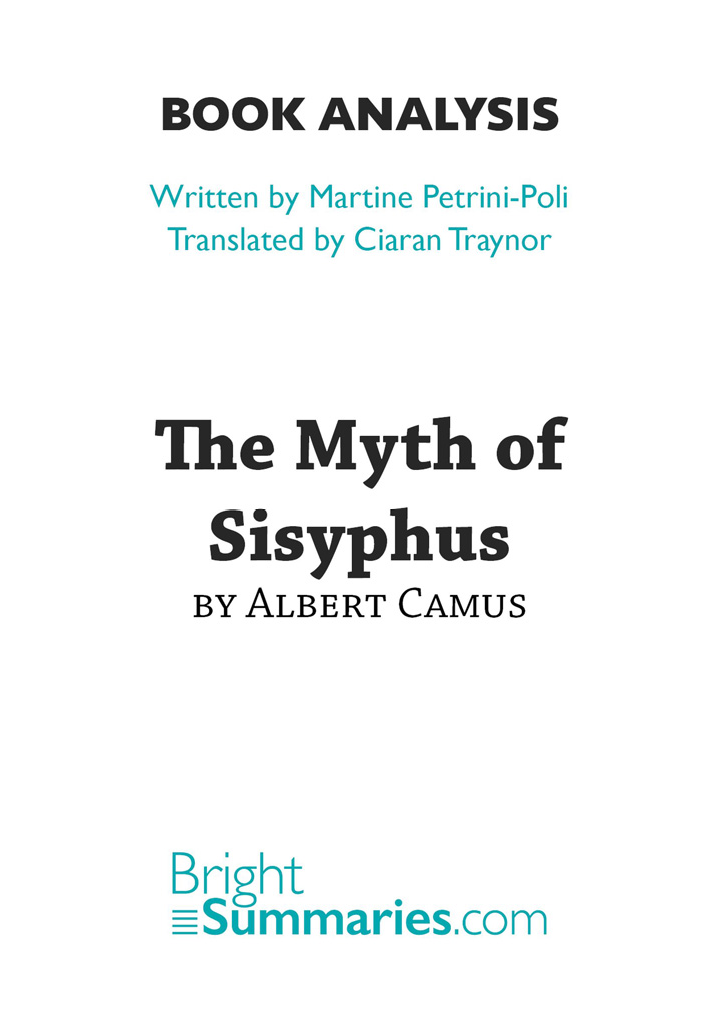The Myth of Sisyphus is an essay on the absurd. It is a part of Camus cycle of the absurd, which came before his cycle of revolt, along with the novel The Stranger and the plays Caligula and The Misunderstanding .
The Myth of Sisyphus suggests that suicide becomes a consideration when man realises the absurdity of the world, which is to say that existence is devoid of all meaning. According to Camus, although it would not solve the problem, suicide would put an end to mans struggle with the world. It is precisely in the meaninglessness of the world that the meaning of our existence can be found.
Sisyphus, the Greek mythological hero condemned to roll a boulder up a mountain which constantly rolls back down again, is the very image of the human condition for Camus. According to the writer, man must face this destiny with dignity, because he can live happily in the absurd if he does so in full conscience of it.
Summary
But one day the "why" arises and everything begins in that weariness tinged with amazement (p. 13). Camus explains that at that moment, the individual becomes aware of the passing of time, the strangeness of the world, its primitive hostility and also the mechanical nature of his actions: he notices that the whole world lives without being aware of death. On an intellectual level, man notices that he is completely sceptical of his knowledge the world and of himself. He therefore begins to wonder if whether life is or is not worth living (p. 3).
While he mulls over the meaningless of existence and the futility of everyday human life, Camus comes to define the absurd: it is man being denied the memory of a lost home or the hope of a promised land (p. 6). Through this biblical metaphor, he implies that it is as if man has been exiled from his own homeland, from a lost paradise: he is a stranger to his surroundings. The absurd therefore refers to the sense of foreignness man feels towards the world he lives in. But should he escape the absurdity of life with hope or suicide?
The author then analyses a series of existentialist philosophies which attack reason and focus on a religious way of thinking, such as those of Sren Kierkegaard (1813-1855), Edmund Husserl (1859-1938), Lev Shestov (1866-1938), Karl Jaspers (1883-1969) and Martin Heidegger (1889-1976). The author considers that they start off in the right direction, but then end with what he calls philosophical suicide, by which he means escaping towards religion. For the existentialist philosopher Shestov, for example, although reason is pointless, there is something beyond it: he therefore advocates making a leap into the irrational. Camus, on the other hand, refuses to accept this line of thinking and appeal to a God who could only exist by negating human reason.
From Camus point of view, searching for a meaning to existence beyond the human condition leaves man incapable of understanding freedom, since freedom would be given to him by a higher being. Rather than turning towards religion, he advocates revolt. By revolt, Camus means maintaining the split between the world and the human mind by being constantly aware of the fact that we live in the absurd. It is the only coherent philosophical position. This constant presence of man before himself, this constant consciousness, therefore makes suicide impossible. Faced with suicide, man learns that there is no tomorrow and he is free. In this way, the absurd makes him experience as much as he can, all the while teaching him that all experiences are pointless: they are all equally as important, since none of them have meaning.
There are three consequences to the absurd: passion, freedom and revolt. Camus therefore favours three attitudes which illustrate his recommended way of living:
- Don Juanism . Don Juan did not believe in any profound meaning to things: he knew that love is both unique and fleeting.
- Drama . An actor lives in the present and can change themselves. Thanks to their roles, they can embody several characters. They are destined to be scattered, since they have chosen everywhere rather than always and eternity.
- Conquest . The conqueror or the adventurer knows that action in itself is useless. Indeed, nothing lasts in a conquest because, at the end, there is always death; Prometheus, who warred with the gods, was the first modern conqueror: Yes, man is his own end. And he is his only end. If he aims to be something, it is in this life (p. 88).
The lover, the actor and the adventurer play the role of the absurd: they are aware of it and live it in complete consciousness of this fact. The creator (the artist) is, however, the most absurd of the characters.
Creating a work is, in Camus opinion, a unique chance to maintain ones consciousness of the universe. The pinnacle of absurdist joy is therefore creation. It is the great mime (p. 94), the excessive mime under the mask of the absurd. However, the creation of fiction can create the same ambiguities as certain philosophies and escape into the irrational. The real work of art can therefore always be measured by humans, it does not aim to be eternal. Creation teaches patience and clear-sightedness. In fact, mans stubborn revolt against his condition and his perseverance in a futile pursuit is testimony to his dignity.

